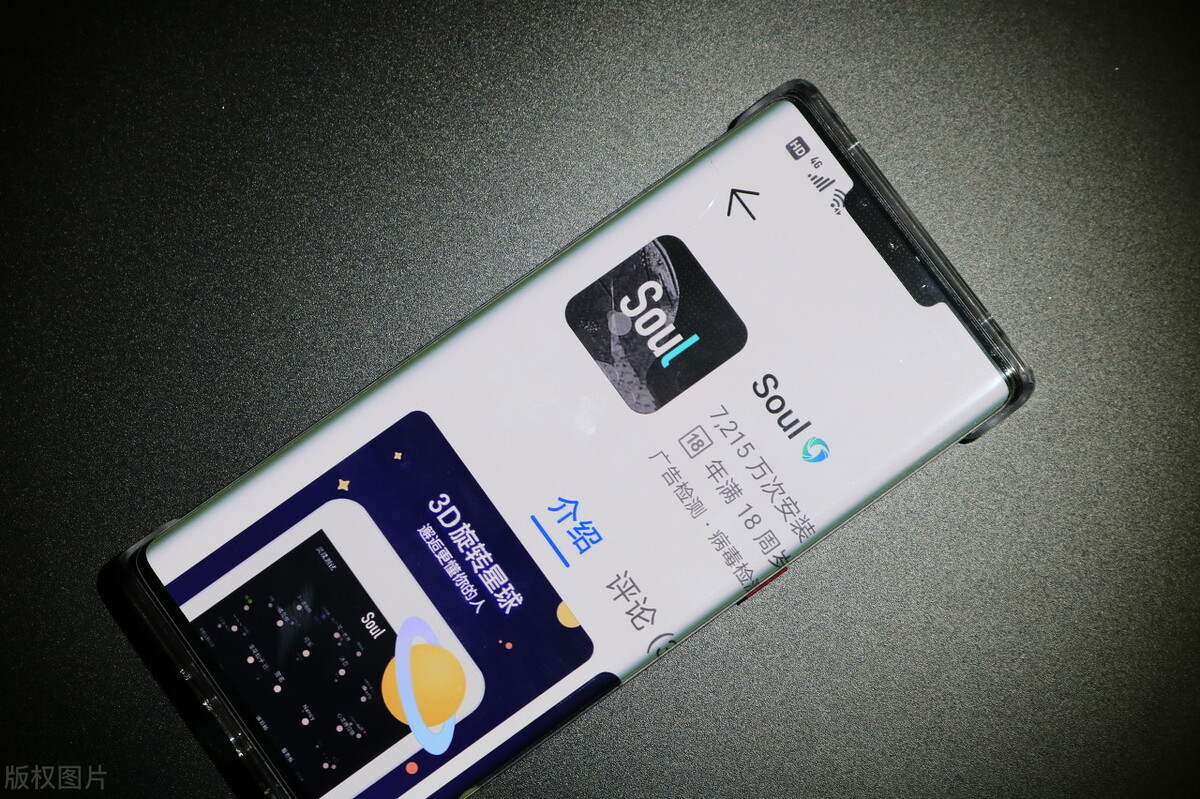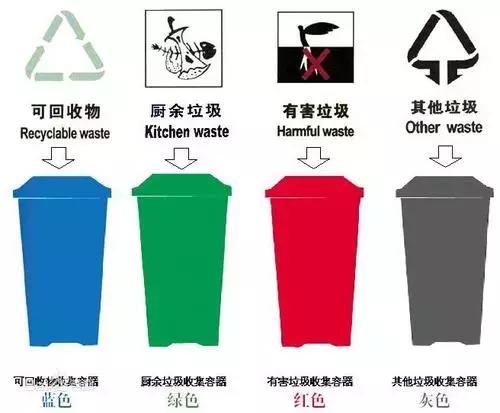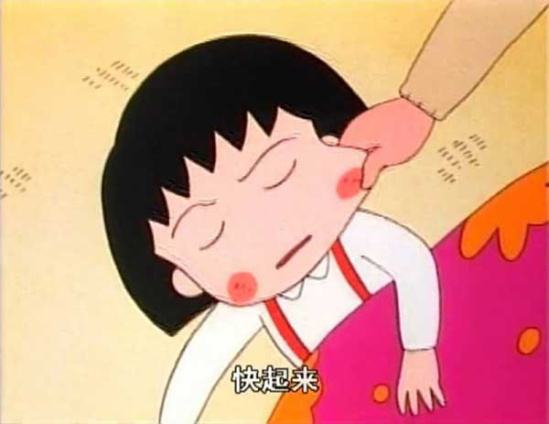视频加载中...
Hi, everyone.
嗨,大家好。
In today&39;s lesson I&39;m going to show you ten ways to use the word &34; alright&34; .
我们今天的课程是要告诉你10种&34;alright&34;的用法。
Let&39;s begin with some grammar, because there are difference between British English and American English in whether you&39;re writing the word &34; alright&34; .
我们先从语法上看一下,英式英语和美式英语在&34;alright&34;的写法上就有不一样的地方。
So, in American English, their preference is to write &34; all right&34; as two words.
在美式英语中,通常是写作&34;all right&34;两个词。
That&39;s considered more grammatically correct.
这样从语法上更正确。
In British English, it depends.
在英式英语中,是依情况而定。
Some people say it should always be written as two words, and some people it&39;s now acceptable to write &34; alright&34; as one word.
一些人说应该写成两个词&34;all right&34;,但是另外一些人也说写成&34;alright&34;也是对的。
Personally, I generally write the word as one word.
我个人更偏向于写成一个词。
I write it like this.
我这样写。
And that is because I consider it quite an informal expression, and most of the time I use it, it feels to me that it has an informal register.
我这样做的原因是我认为这种表达更随意,不是很正式,我这样用得越多,越觉得这个词是可以很随意地使用。
But if you wanted to be really, really certain that you weren&39;t making a grammatical mistake, if you&39;re writing something formal, then you can spell it two words in British English.
但是如果你真的,真的不想犯语法错误,再如果你写的东西比较正式,那么你就按照英式英语,把它分成两个词来写吧。
Okay, let&39;s move now to examples of when we use this word: &34; alright&34; .
好,我们现在开始看看如何使用这个词:&34;alright&34;。
What&39;s important to know about this word is it has different meanings, depending on how. . . On the tone that we use when we say it.
这个词的重要意义在于,这个词有很多意思,不同的意思取决于我们在读这个词时候的语调。
Let&39;s start with here.
我们就从这里开始。
Number one, when we want to reassure someone we can say: &34; Everything&39;s going to be alright. Don&39;t worry, everything&39;s going to be alright&34; .
第一点,当我们想向某人确认什么事情时,我们会说:&34;所有的事情都会安排好。放心,都已经安排好了。&34;
That&39;s also a song. Do you know it?
这是首歌曲。 你知道吗?
&34; Everything&39;s Gonna Be Alright&34; .
&34;万事OK。&34;
Sorry about my singing, but Bob Marley told us first that everything&39;s going to be alright.
原谅我唱歌了吧,但是是Bob Marly第一次告诉了我们所有事情都会好的。
Number two we can use the word &34; alright&34; to check: Is something satisfactory?
第二点,我们也可以用&34;alright&34;来确认:某事是否令人满意?
That means: Is it okay?
这就是说:这样就可以了吗?
I want to check that the thing I want to do is okay.
我想要确认我想要做的事情是对的。
I can say: &34; Does this soup taste all right? I want you to tell me. Is it delicious? Does the soup taste all right&34; ?
我就可以说:&34;这碗汤好喝么?&34;我希望你告诉我,汤好喝么?这碗汤尝起来味道是不是还不错?
Perhaps I&39;m going out for the evening, I&39;m not sure what to wear.
可能我晚上要出门, 我不知道该穿什么。
So I try on my dress and I ask you: &34; Is my dress alright? Do you think it&39;s alright for the party&34; ?
所以我穿上衣服然后问你:&34;我这件衣服怎么样?你觉得和今晚的聚会相配么?&34;
Number three, we say the word &34; all right&34; when we&39;re asking people about their health.
第三点,在问到别人身体健康问题的时候,我们会用&34;alright&34;。
Perhaps they&39;ve not been well lately, so we can say: &34; Are you all right&34; ? We can also say that. . .
可能他们最近不是很好,所以我们可以说:&34;你觉得怎么样?我们也可以说......
If this would normally happen if you&39;re walking in the street and somebody falls over, maybe they slip because the pavement&39;s wet or they have a bicycle accident, you can say to them: &34; Are you all right? Are you all right&34; ? And when we say it fast,
如果你走在街上,有人因为路边太滑而摔倒或者是被自行车撞到了,你可以对他们说:&34;你还好吗?&34;&34;你还好吗?&34;我们这时候会说得很快,
then it all blends into one: &34; Are you all right? Are you all right&34; ?
这几个词会混在一起:&34;你还好吗?&34;&34;你还好吗?&34;
Next we have permission.
下一个是我们要获得许可的时候,可以用到这个词。
If you want to sit down somewhere and you&39;re not sure if somebody&39;s already sitting there, you can politely say: &34; Is it alright if I sit here? Is it alright&34; ?
如果你想要坐下,但是你不确认是不是有人坐在这里,你可以说:&34;我可以坐这里吗?&34;&34;我可以吗?&34;
And they will say: &34; Yeah, sure. Sit down&34; .
然后他们会说:&34;可以的。请坐吧。&34;
My next examples are mainly British English examples, and these are informal expressions, things we would say when we&39;re just chatting in conversation.
我下面的例子多是英式英语的例子,基本上都是非正式的表达,都是我们在日常对话中能用到的。
So, here I have spelt &34; alright&34; as one word every time.
所以,我下面都会用&34;alright&34;。
In my previous examples I spelt it two ways to show: Yes, this is possible, and this is also possible; depends on your preference.
在我先前的例子里,我用两种方式来表明:是的,这样是可以的,这样也是可以的,随你的喜好。
So, number five, in British English in London specifically, but many other areas, especially in the south of England, we can use &34; alright&34; as a greeting.
所以,第五点,在英式英语里,尤其是在伦敦,但是在很多其他区域,尤其是在英格兰南方,我们用&34;alright&34;来打招呼。
So instead of saying: &34; Hello. How are you&34; ? we just say to each other: &34; Alright&34; ? And then they say: &34; Alright&34; . We don&39;t really put a lot of enthusiasm in it.
所以我们不会像以前那样说:&34;Hello. How are you&34;?而是说&34;Alright&34;?然后他们就会说:&34;Alright。&34;我们在说这句话时没太多感情色彩。
&34; Alright&34; ? &34; Alright&34; .
&34;你好吗?&34; &34;还好。&34;
So the first &34; alright&34; sounds like more of a question. &34; Alright&34; ?
所以,第一个&34;alright&34;更像是询问。 &34;你好吗?&34;
And it depends, the other one sometimes doesn&39;t sound like a question. &34; Alright? Alright&34; ?
视情况而定,有可能听就不像是个问题了。&34;你好吗?&34;&34;你好吗?&34;
But they might do the question-sounding one back as well.
但是他们也可能用疑问的语气回答。
&34; Alright&34; . &34; Alright&34; .
&34;还好。&34; &34;还好。&34;
It depends.
这个就具体问题具体分析了。
Then you can also add &34; mate&34; or &34; love&34; ; very, very informal and very familiar kind of language to use.
当你在后面加上了&34;mate&34;后者&34;love&34;的时候,可以说在语言应用中是一种非常非常不正式的说法。
A lot of people don&39;t like to be called &34; mate&34; or &34; love&34; if they don&39;t actually know you.
如果人家和你不熟,是非常不喜欢被称作&34;mate&34;和&34;love&34;的。
Some people think it&39;s impolite.
一些人认为这样的说法不礼貌。
So you could say: &34; Alright, mate&34; ? Or you could say: &34; Alright, love&34; ?
所以你可以说:&34;伙计,你好吗?&34;或者说:&34;亲爱的,你好吗?&34;
Next we&39;ve got when you say yes to something but you don&39;t really mean it, you would rather say no, but you don&39;t feel it&39;s possible.
当你嘴里说的是肯定的答案,但是其实你的本意是否定的时候,因为你知道说&34;不&34;起不到什么作用。
So imagine your mom says to you: &34; Go and tidy your room&34; , or: &34; Can you tidy your room today&34; ? You&39;d say: &34; Alright&34; . Or you&39;d say: &34; Alright&34; .
比如你妈妈跟你说:&34;收拾下你的屋子。&34;或者:&34;你今天能收拾下屋子吗?&34;你会说:&34;好的&34;或者说:&34;没问题。&34;
You&39;re saying yes, you&39;d rather not do it today, but you don&39;t have a choice.
你虽然答应了,但是你并不想今天做,但是你没别的选择。
So it&39;s not like: &34; Yes&34; ! It&39;s not enthusiastic.
所以这个就不像:&34;好哒!&34;你的回答是没有激情的。
Number seven is when somebody says something that&39;s a bit random, like it doesn&39;t really make sense or it&39;s a bit weird, something that&39;s random is hard to describe, but teenagers
第七点,当人们说的事情不重要,比较随便的时候,
find everything random.
比如听起来比较荒唐,或者有点儿诡异,有些事情不知道该怎么形容,但是年轻人知道能看出来的那种乱七八糟的感觉。
&34; Oh my god, that&39;s so random.&34; They always think things are weird or a bit embarrassing.
&34;我滴天,这真是乱七八糟的。&34;他们总觉得事情会比较诡异,或者有些尴尬。
So it&39;s. . .
所以......
A teenager would never say this one.
年轻人不会这么说。
A teenager would never say: &34; Alrighty, then&34; !
年轻人不会说:&34;Alrighty,then&34;!
That comes from an old film called Ace Ventura: Pet Detective, and he would use that as a catch phrase.
这种说法在一部叫《神探飞机头》的电影出现过:佩特侦探这个角色就会说这句台词。
The English version that we always used to say when I was at school is: &34; Alright then. That&39;s so random. Alright&34; .
我在上学的时候经常会这么说&34;好吧!太乱了,我去。&34;这样的说法比较随便。&34;
And you roll your eyes a bit to make it look like: &34; I don&39;t know what&39;s wrong with that person. Alright then&34; .
或者,你翻着白眼就像是在说:&34;我不知道那个人怎么了。好吧。&34;
So I wonder because I was at school when we used to say it like that, and that film was the same kind of age, I
wondered if it came from the same phrase as the film.
因为那时我们都在学校,所以我们都会这么说,那部电影也是在我们那个年龄出现的,我在想是不是这句话就是从那部电影里传开的。
Not sure, but yeah, you say that when. . .
不确定但是还可以的时候,你可以说,
It&39;s like. . .
这个就像......
It&39;s not really a comeback,
这个不算是巧妙的回答。
it&39;s just you don&39;t have something witty to say or something clever, but you&39;re just showing that you think that person is, like, pathetic.
只是当你不知道该说什么,或者说什么更好的时候,但是你只是想表达你觉得那个人很可怜。
&34; Alright then&34; . So it&39;s very teenagery.
&34;好吧&34;。所以,这种说法比较小孩子气。
Next we have passive aggressive.
下面我们来说说消极且带有攻击性的说法。
Passive aggressive is when you&39;re angry about something, but you&39;re not expressing it in the most direct way possible.
当你对某事感到愤怒,但是又不想表达得非常直接,
You can say. . .
你就可以说......
Imagine you&39;re angry at Steve.
假设,你对Steve感到非常生气。
He did something, you thought he was taking liberties with you.
他做了某件事,你觉得他冒犯了你。
You&39;re not happy about it, but you say to him: &34; Alright, Steve. Whatever, mate. Alright, Steve. Whatever, mate&34; .
你不是很开心,你可以对他说:&34;就这样吧,Steve。随便你,伙计。&34;
There&39;re more dismissive words in here.
这里的说法就比较轻蔑。
Saying &34; Whatever&34; is quite dismissive, and calling someone &34; mate&34; when you&39;re angry at them is another way of. . .
&34;随便&34;是一种相当轻蔑的说法,然后当你很生气,用&34;伙计&34;来称呼某人时,也是这样的。
&34; Mate&34; , it&39;s another dismissive way.
这也是一种轻蔑的表达方式。
If you put it all together, obviously it&39;s not alright, the situation.
如果你把这两种表达放在了一起,那就是当下的情况确实不是很好了。
&34; All right&34; , the words themselves mean all right, mean good, but if we use them like this it actually means the opposite, it&39;s not all right now.
&34;All right&34;,这两个词的本意是&34;好的&34;的意思,但是,我们如果这么用的话,意思就是完全相反了,就是不好的意思了。
But it could mean I don&39;t want to argue with you now, I don&39;t want to make a bigger deal now.
这个表示的意思是,我现在不想和你吵,但是也不想和你谈更多的事情。
But we could also say the same sentence with a more angry tone, and then it wouldn&39;t be passive aggressive, it would just be aggressive.
但是有的时候,我们会用更愤怒的语气来说同样的句子,这样一来,就不是消极攻击性,而且纯粹的攻击性了。
It would be like: &34; Alright, Steve. Whatever, mate&34; . That would be aggressive.
就会像是这样:&34;就这样吧,Steve。随便你,伙计。&34;这样就很强硬了。
Number nine we can use it as an exclamation.
第九,我们可以用它来表示感叹。
This would be something like: &34; Alright! Let&39;s get going! Alright, we&39;re done. Come on&34; .
这就会是这样:&34;好滴! 我们就这么去吧!好滴,我们做完了。快点吧。&34;
And lastly, this one is a British English expression.
最后的这种是英式英语的表达方式。
When you think somebody&39;s good looking, it can be a woman, it can be a man, when you think they&39;re good looking, you can say: &34; He&39;s a bit of alright&34; . Or you can say: &34; She&39;s a bit of alright&34; .
当你觉得某人很好看,可能你说的是个女的,也可能是个男的,当你觉得他们很好看的时候,你会说:&34;他有点好看&34;或者说:&34;她有点好看&34;。
So there, there we go.
那么今天就是这样了。
We have different ways to use &34; alright&34; that depend on the tone of voice.
根据不同的语调,我们有不同的方法来使用&34;alright&34;。
These are all British English expressions that we use in informal situations.
这些都是英式英语的非正式用法。
Americans would also use this one, and sometimes number eight, and number nine.
美国人也会这么说,比如第八条和第九条。
And remember: Americans, if they were going to write it, they&39;d do two words.
请记住:美国人的书写习惯,是两个单词。
So that&39;s everything that you need to know.
所以,这就是你们今天所需要了解的。
Alright, now it&39;s time for you to do the quiz.
好,现在是你们的小测时间。
Thanks for watching. Bye.
谢谢观看。







暂无评论
发表评论